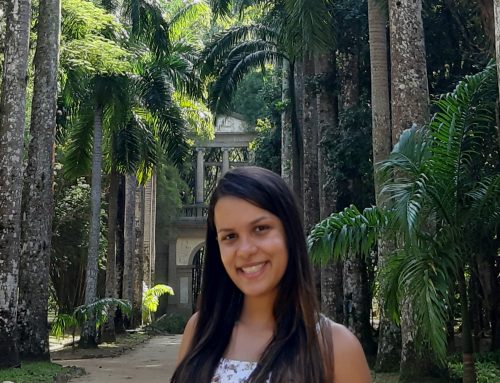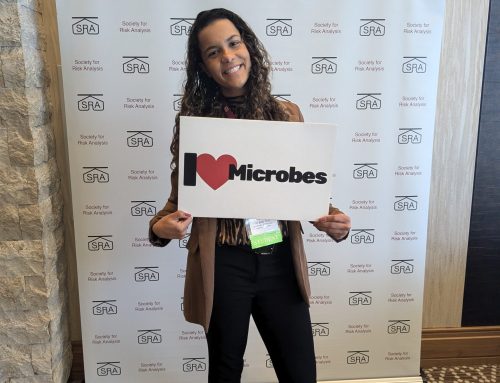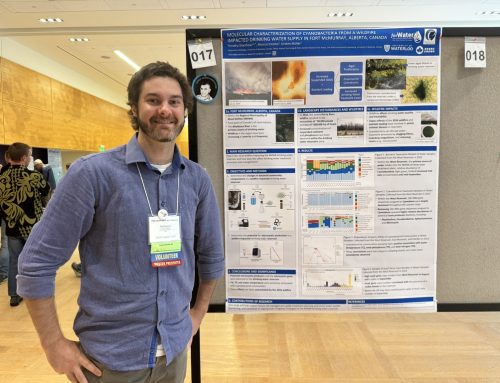Monica noted that supply diversification in rural, remote, and marginalized communities is often not feasible because alternate supplies might not always be available or cost-effective. In contrast, landscape management-based approaches can deliver a myriad of larger watershed scale co-benefits that include reduced drinking water treatment costs and cost-sharing opportunities and ecosystem diversity and other socio-cultural benefits (e.g., spiritual value, recreation). These approaches can be especially relevant for rural, remote, and marginalized communities including many Canadian communities reliant on forested watersheds for water.

Photo: The Keating Channel, the outlet through which the Don River empties into Lake Ontario, is flanked by the nearby Gardiner expressway, Toronto, Ontario, Canada. © WWF-Canada / Noah Cole

Photo: The world map shows the global average nitrate levels from concentrations at major river mouths. Comparing data from the two decades, North American and European rivers have remained fairly stable, while major river basins in South Central and Southeast Asia have recorded higher nitrate concentrations. Source: Vital Water Graphics. UNEP





